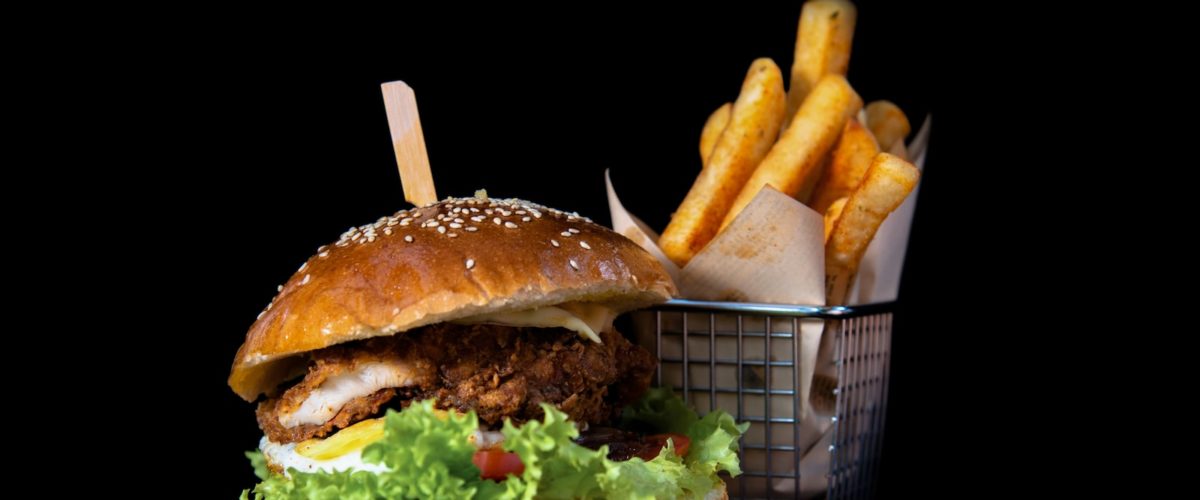
You are suffering or think you are suffering food intolerance to FODMAPsOr even irritable bowel syndrome (IBS) or "functional colopathy"? LACTOLERANCE can help you redefine your eating habits by presenting you with a non-exhaustive list of foods rich in FODMAPs, to be eaten in moderation on a daily basis for greater digestive comfort.
FODMAP foods: definition
The name FODMAP means :
- F = fermentable
- O = oligosaccharides (fructosans and galactans)
- D = disaccharides (lactose)
- M = monosaccharides (fructose)
- A = and
- P = polyols
Some people are intolerant to these carbohydrates, which are known as FODMAP which have the particularity of fermenting rapidly in the intestines. FODMAP foods are as varied as wheat, leeks, refined white sugar, cauliflower and unripened fresh cheeses. Some of them also contain different types of FODMAP, like apples and pears, which contain both sorbitol and fructose.
But FODMAP foods can create a real food intolerance, manifesting as digestive discomfort that can be more or less disabling in everyday life. Abdominal pain, bloating, constipation, diarrhoea: experiencing these undesirable effects can be a warning sign.
If you have any doubts, consult a gastroenterologist to carry out a test. breath test glucose or lactulose. Is your exhaled hydrogen increasing rapidly? This means that you are intolerant to FODMAPs. Dietary changes are therefore necessary if you want to limit the onset of symptoms linked to the consumption of FODMAP foods. You may also be subject to IBS. In this case, a colonoscopy is necessary. While there is no specific treatment for functional colopathy, you should eliminate various FODMAP foods from your diet if your quality of life is affected by irritable bowel syndrome.
Discover the list of FODMAP foods to limit in the event of FODMAP intolerance or irritable bowel syndrome (IBS).
Among the rich foods FODMAPs include garlic, onions, apples, pears, cherries, cow's milk, wheat, rye, barley and honey. As part of a low FODMAP diet, it is therefore strongly recommended to limit consumption of these foods, which are likely to cause the various symptoms mentioned above.
On the contrary, many foods are low in FODMAPs and can be incorporated into your low-FODMAP diet. This is the case, for example, with certain fruits (bananas, grapes, kiwi fruit, lemons, etc.), vegetables (carrots, squash, spinach, chicory, etc.) and dairy products (lactose-free milk, vegetable drinks made from soya, almonds and rice, camembert, etc.).
However, make an appointment with a health professional before making any drastic changes to your diet. A nutritionist will help you to identify the FODMAP foods you should avoid or even ban from your diet, and to put in place a low-FODMAP diet that meets your needs and is healthy and balanced.

Hello, I'm Vincent
Like you, I'm lactose intolerantI know exactly what you're going through and the difficulties you encounter on a daily basis. For over 10 years, I've been helping our customers to use our dietary supplements and giving advice and tips on how to improve their digestive comfort. I'm also a keen cook and gourmet, so you'll find my favourite recipes for a lactose-free diet in this blog.
Lactose intolerance is not inevitable! With LACTOLERANCE you can digest with complete peace of mind





